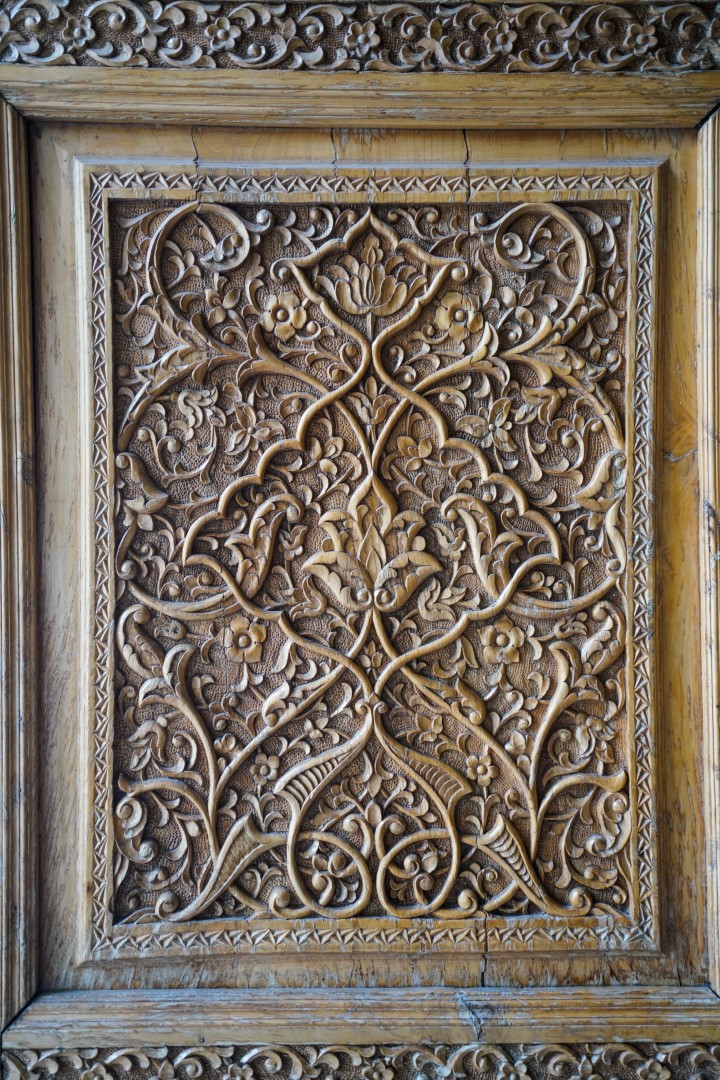Tashkent ( WNAM MONITORING) Samarkand, the cradle of world civilization, is an ancient city where the traditional art of craftsmanship continues to flourish, preserving centuries-old folk traditions.
Today, the works of Samarkand’s artisans are in high demand both on the domestic and international markets. Tourists visit the city not only to admire Registan Square or the Shakhi Zinda complex, but also to witness the extraordinary creations of local artisans.
The Meros Paper Mill, located in the village of Konigil, has long been one of the most popular tourist destinations. Here, ancient techniques are revived to produce authentic Samarkand silk paper made from mulberry tree fibers.
According to factory worker Alisher Mamatov, the paper products are made using technologies that date back to the 7th-8th centuries.
“We use ancient methods of papermaking. In those times, more than a hundred workshops operated in Konigil, each with its own seal. Samarkand paper was recognized as one of the finest in the world. In 1995, this tradition was revived through the initiative of local craftsman Zarif Mukhtarov. The entire production process at the Meros paper mill is carried out manually. Mulberry tree bark is used as the main raw material. It is cleaned, boiled, and beaten. The resulting pulp is then pressed and dried in a vertical position, after which the masters polish it”, Mr. Mamatov said.
According to factory employee Khabiba Pulatova, the ancient methods and techniques of papermaking never fail to impress visitors and tourists.
“We show guests the full process of papermaking and allow them to try making it with their own hands. Tourists can not only discover our national traditions but also purchase souvenirs in our shop. In 2020, the village of Konigil was granted the status of a ‘tourist village’. Walks along the Siyob River, craft masterclasses, and traditional cuisine offer visitors not only relaxation but also a chance to immerse themselves in the cultural and artistic heritage of our region”, she emphasized.
At the Samarkand-Bukhara Silk Carpets LLC, carpets are produced using natural silk and organic dyes. These creations embody traditional patterns, featuring elegant floral motifs that reflect the beauty of nature.
The enterprise was established in 1992 and currently operates three branches. It employs more than 200 workers, the majority of whom are women.
According to company employee Gulnoza Shukurova, carpet weaving is a craft that requires tremendous patience and meticulous attention to detail.
“The correct interlacing of every thread and the combination of each color may seem minor at first glance, but it is precisely these details that create the beauty of a carpet. I have been working here since 1996. Today, the carpets produced at our enterprise attract attention not only in local markets but also at international exhibitions. Their refinement and harmonious blend of natural shades have become a symbol of Uzbek craftsmanship for tourists”, said Ms. Shukurova.
In short, Samarkand craftsmanship is an integral part of our tangible culture, a vivid expression of the diligence and refined aesthetic sense of our people.
Today, ancient traditions harmoniously blend with modern infrastructure, creating new tourism opportunities. Samarkand’s artisanal heritage is not only a living historical


